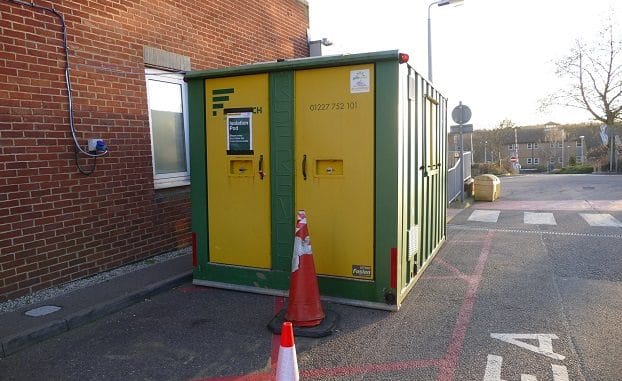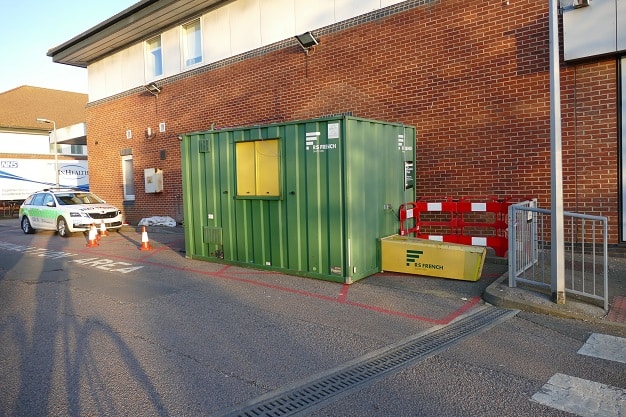
A positive case of COVID-19 (Coronavirus) has been confirmed in Kent today (March 2).
The patient, an employee at a Maidstone business park, has recently returned from Italy, where 1,576 cases have been confirmed.
Chief Medical Officer for England Professor Chris Whitty said: “As of 9am this morning, 4 further patients in England have tested positive for COVID-19.
“All 4 patients had recently travelled from Italy. The patients are from Hertfordshire, Devon and Kent. All are being investigated and contact tracing has begun.
“The total number of confirmed cases in England is now 37. Following previously reported confirmed cases in Northern Ireland, Wales and Scotland, the total number of UK cases is 40.”
The person is now in a treatment centre in London.
‘Minimise risk’
Specialists from Public Health England (PHE) are working with Kent County Council and NHS colleagues following the confirmed case.
Dr James Mapstone, Acting Regional Director, Public Health England South of England, said: “Public Health England is contacting people who had close contact with one of the latest confirmed cases of COVID-19.
“The case is a resident of Kent and had recently travelled to Italy. Close contacts will be given health advice about symptoms and emergency contact details to use if they become unwell in the 14 days after contact with the confirmed case.
“This tried and tested method will ensure we are able to minimise any risk to them and the wider public.”
‘Risk remains low’
Kent County Council’s Director of Public Health, Andrew Scott-Clark said: “I’d like to reassure people that the risk to the general public remains low and we are working with health colleagues to do everything we can to stop the virus spreading and ensure the people of Kent are protected.
“If you have not been contacted by Public Health England as a close contact of the confirmed case you do not need to take any action at this time.”
Health and local authorities are appealing for people to follow national Government guidance to prevent further spread of the illness and limit the numbers affected.
Guidance
This guidance includes taking basic hygiene precautions as the best way of significantly reducing the chances of spreading any virus: sneeze or cough into a tissue, bin it, wash your hands frequently and don’t touch your face unless you’ve just washed your hands.
Current evidence indicates that most cases appear to be mild, with patients experiencing flu-like symptoms.
Older residents or those with weakened immune systems or long-term conditions may experience more severe symptoms.
People who have recently travelled to an affected area or been in contact with someone who has, and think they have symptoms associated with the coronavirus, should not go to A&E or their doctor but self-isolate at home and ring NHS 111 which has an online coronavirus service.
QEQM isolation pod

A Coronavirus Priority Assessment Service – isolation pod – is currently in place at QEQM Hospital as part of NHS England guidelines for each health organisation to have at least one receiving unit.
The pod, located near the A&E steps, is away from normal clinical areas to protect patients elsewhere across the site from unnecessary risk of potential exposure and to safeguard normal business as usual processes of the department in question.
The symptoms of coronavirus (COVID-19) are:
- a cough
- a high temperature
- shortness of breath
Self-isolation means you should:
- stay at home
- not go to work, school or public places
- not use public transport or taxis
- ask friends, family members or delivery services to do errands for you
- try to avoid visitors to your home – it’s OK for friends, family or delivery drivers to drop off food
You may need to do this for up to 14 days to help reduce the possible spread of infection.
For more information on the symptoms and steps to take, go to www.nhs.uk/coronavirus

